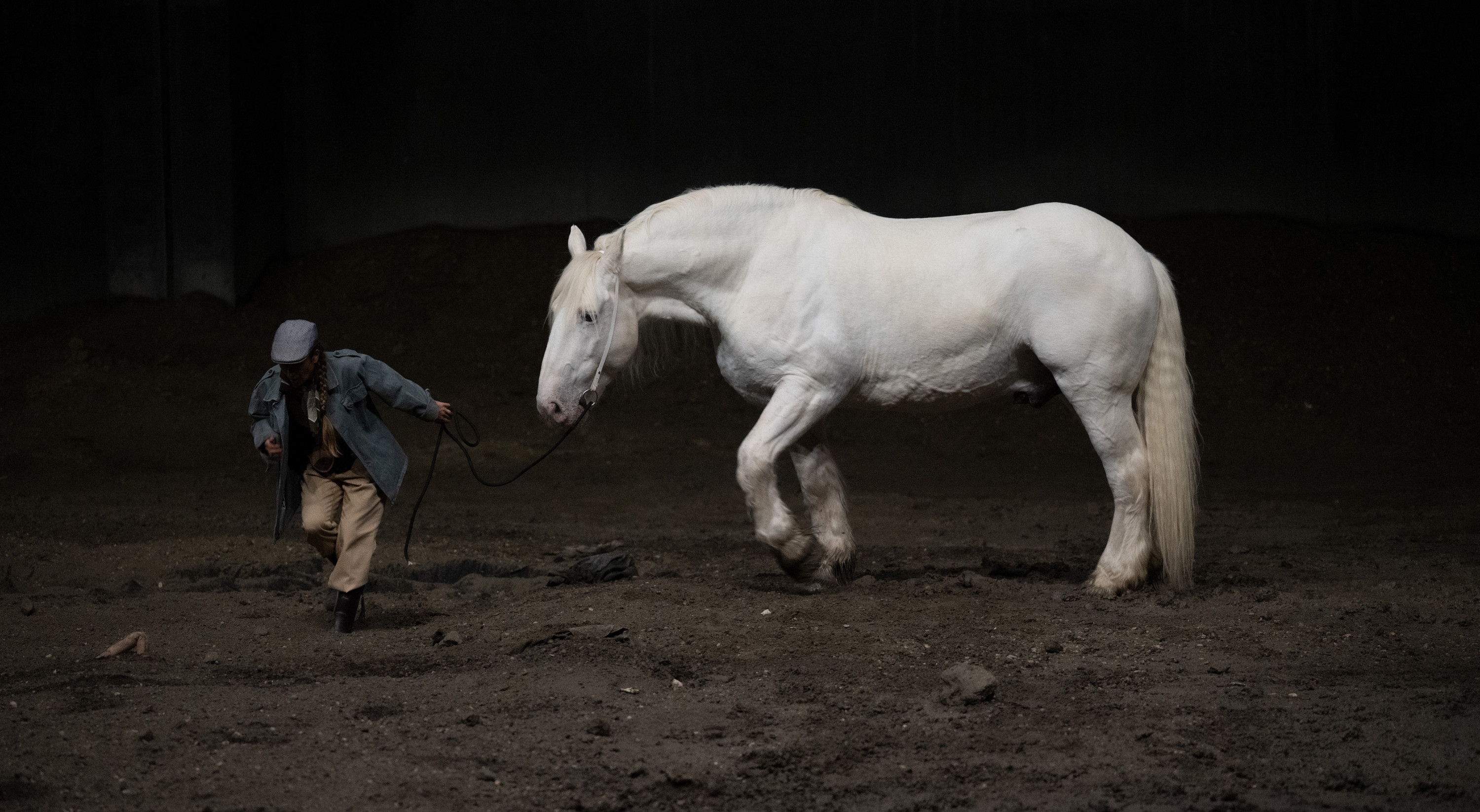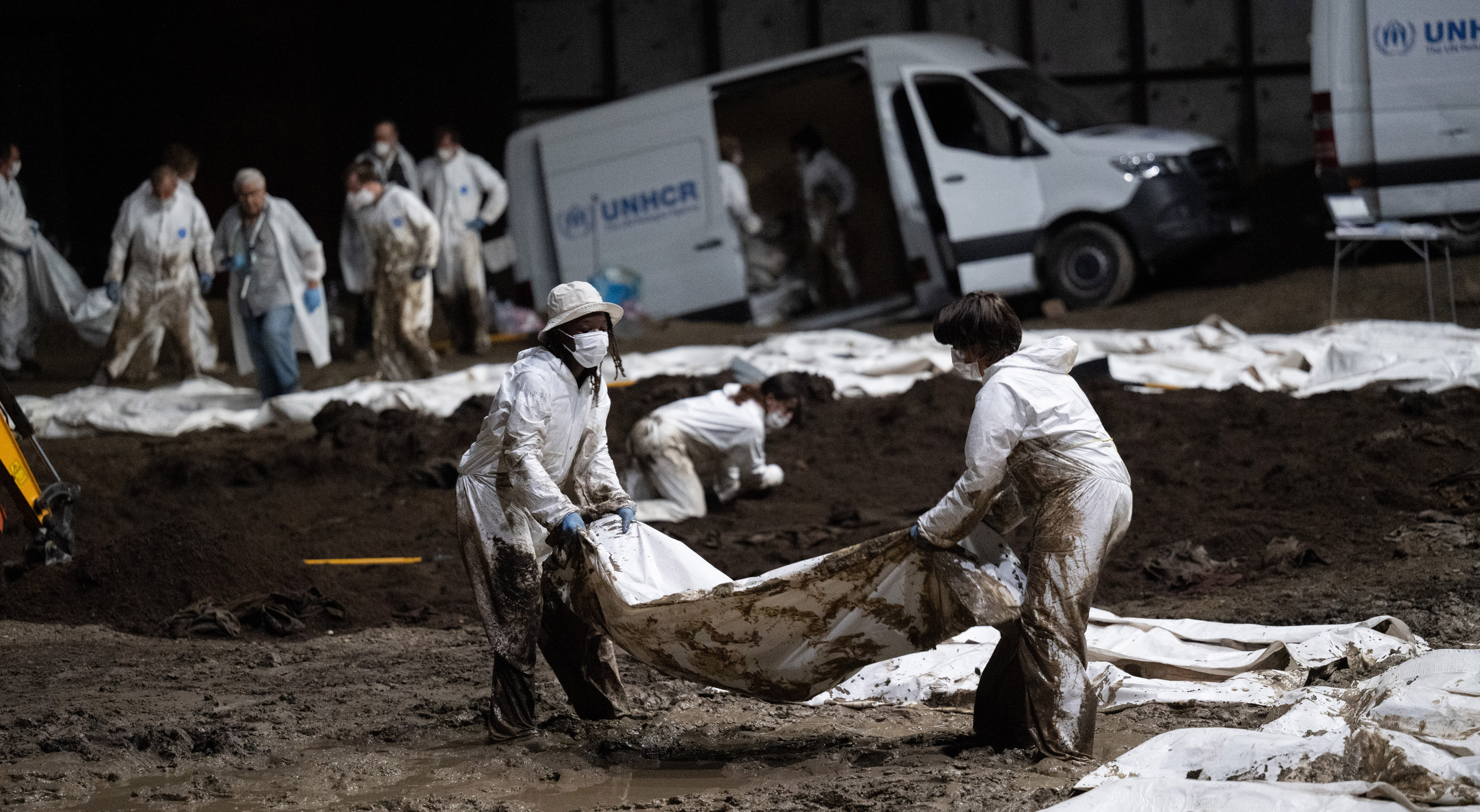Romeo Castellucci, Esa-Pekka Salonen, Gustav Mahler
Symphonie No. 2 “Résurrection”
With the Paris Orchestra
novembernov 28 – 30
Orchestre de Paris
Conducted by Esa-Pekka Salonen. Stage direction, sets, costumes and lighting by Romeo Castellucci. Dramaturgy Piersandra Di Matteo. Soprano Julie Roset. Alto Marie-Andrée Bouchard Lesieur. Choir director Richard Wilberforce. Assistant director Filippo Ferraresi. Collaborator on the sets Alessio Valmori. Lighting by Marco Giusti. With Andrea Barki, Bernard Di Domenico, Fabio Di Domenico, Chœur de l'Orchestre de Paris, Clémentine Auer, Emile Yebdri, Eurydice Gougeon-Marine, Francis Vincenty, Jean-Marc Fillet, Maïlys Castets, Matthieu Baquey, Michelle Salvatore, Raphaël Sawadogo-Mas, Romain Lutinier, Sandra Français, Sarah Namata, Simone Gatti, Chœur de l'Orchestre de Paris. Photographer Monika Rittershaus
Revival of the Festival d'Aix-en-Provence 2022 production
Coproduction Philharmonie de Paris; La Villette; Abu Dhabi Festival; Teatro Colón (Buenos Aires)
La Villette, the Philharmonie de Paris and the Festival d'Automne à Paris are co-producing this show.
Directed by Romeo Castellucci, Gustav Mahler's Resurrection symphony seems to take on all its tragic grandeur. Masterfully conducted by Esa-Pekka Salonen, the Italian director magnifies this monumental work in order bring us a funereal “song of the earth” from which nobody emerges unscathed.
Composed by Gustav Mahler between 1888 and 1894, the score of Symphony No. 2, known as Resurrection, is a breath-taking one. You listen to it in the same way as you might immerse yourself in a film. Like many others by the same composer, its score was initially a source of incomprehension. Confronted with this unconventional object for the world of theatre, and with this score designed to be listened to with eyes closed, Romeo Castellucci opted for implacable humility. It certainly is chilling, and even more so today, two years after its first performance at the Aix-en-Provence Festival. But it is also the dynamic installation that Romeo Castellucci has designed for it that is so miraculous, in that it renders Gustav Mahler's imponderable magic (and indestructible modernity) even more audible. In tune with Esa-Pekka Salonen's conducting, the director delivers us a moving song of the earth which prompts us to be present and alive in the face of the dead.
In the same place


